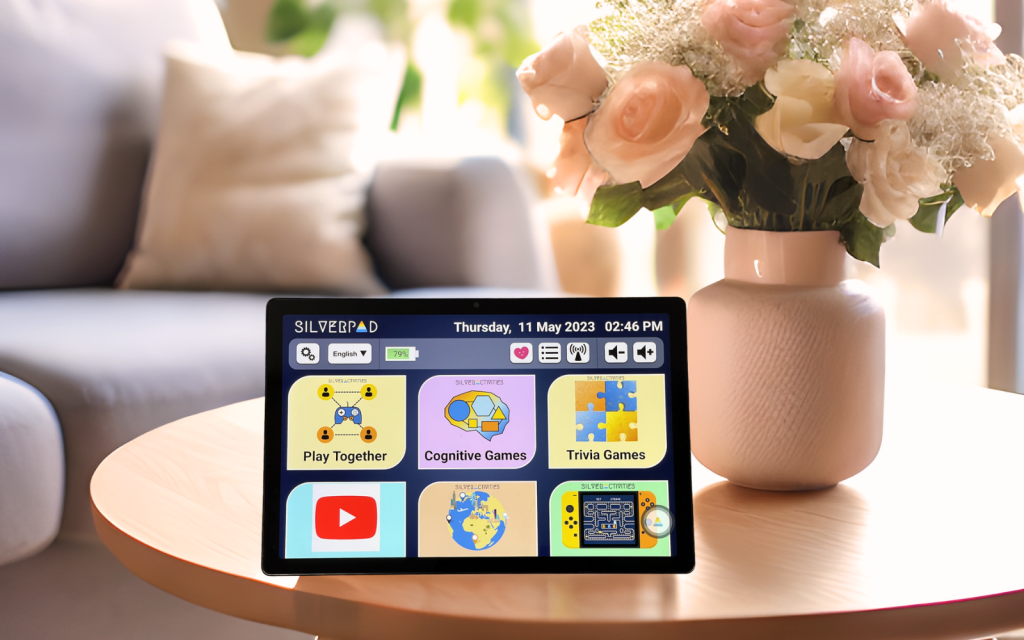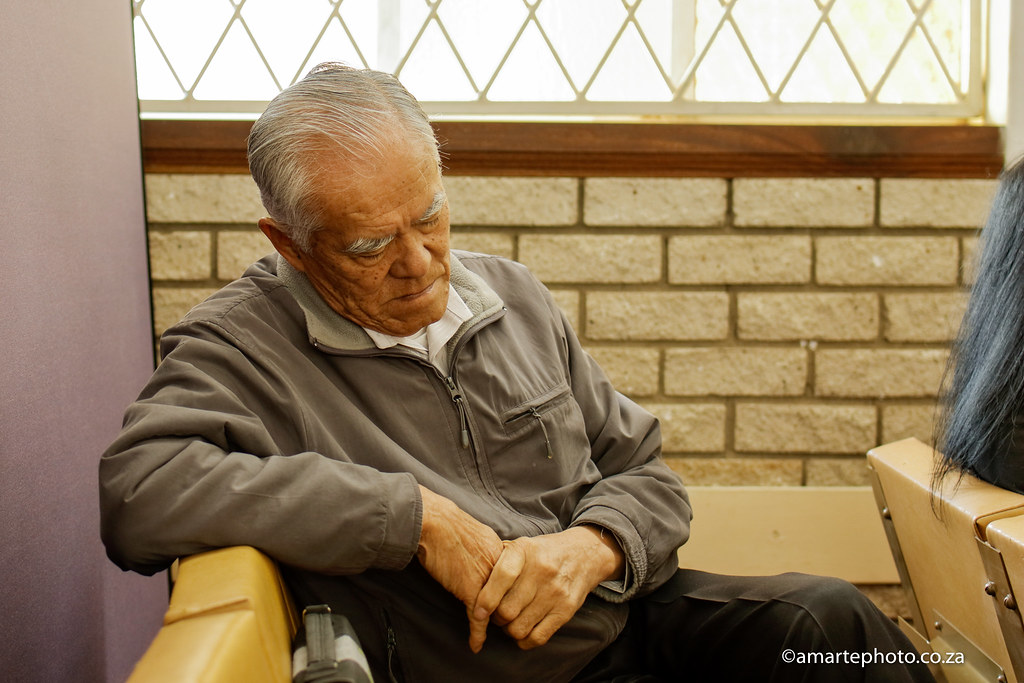Sleep is a key component in our brain’s abilities to form & retain memories. For seniors wanting to maintain strong cognitive function, good sleep is absolutely essential.
Why does sleep quality for seniors deteriorate?
With age, sleep quality tends to deteriorate. Our sleep is broken up into phases such as light sleep, deep sleep, and REM sleep. The amount of deep sleep achieved in a night starts to decrease with age. Adults over 60 years old are susceptible to losing 70% of their deep sleep.
Health conditions such as heart disease, depression and diabetes can contribute to poor sleep. Arthritis and other conditions that cause physical pain and discomfort can also cause broken, interrupted sleep.
Another factor that could damage sleep quality is the side effects of medication. With many adults over the age of 65 taking five or more kinds of medications, the side effects can lead to many potential hiccups with deep sleep.

Insufficient exposure to daylight can also significantly contribute to poor sleep quality. Exposure to sunlight helps our body maintain its circadian rhythm. Circadian rhythms are the cycles that help maintain our body, such as timely hormone production & release. Disruptions in our circadian rhythms mean difficulty in melatonin production, thus – poorer sleep.
Our internal body clocks are incredibly receptive to light, with light being one of the key factors in regulating our body’s circadian rhythm. Some seniors get as little as an average of one hour of sunlight per day, this could be even less for seniors with Alzheimer’s or seniors living in care homes.
Consistent deep sleep is crucial to our brain’s ability to form & retain memories.
Tips to Boost Deep Sleep
Exercise: Staying active throughout the day, as well as getting sufficient sunshine, can do wonders for sleep. Seniors who exercise (in a safe manner) are more likely to sleep longer, have fewer interruptions, as well as have better overall sleep quality.

Reducing Bedroom Distractions: such as televisions & other screens, and preserving the bedroom as a place of rest and sleep.
Maintaining a Regular Sleep Schedule: This means going to bed & waking up at reasonable times every day and avoiding excessive daytime napping.
Healthy Bedtime Routines: Cultivating a good bedtime routine can help put seniors at ease and make them more relaxed prior to sleep. A good routine can include activities such as reading, doing puzzles, taking a relaxing bath, and much more.
Avoid Substances that Hinder Sleep: Avoiding excessive caffeine, alcohol, and tobacco can help to make sleep easier.
Sleep is undoubtedly one of the most vital functions for our bodies to stay healthy. Good sleep quality ensures our brains’ capabilities to stay healthy well into old age. While aging can make sleep more difficult, it is important for seniors to adapt their daily routines to ensure they’re getting better quality rest.

SilverPad is a senior-friendly tablet designed to empower older individuals in the digital age. With multilingual support, its user-friendly interface features big icons and text for easy navigation to serve as a gentle introduction for seniors who may be apprehensive about using technology. Used by numerous senior care organizations, SilverPad offers an array of cognitive games and activities that not only entertain but also stimulate the mind.

